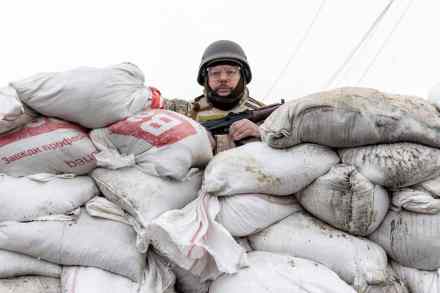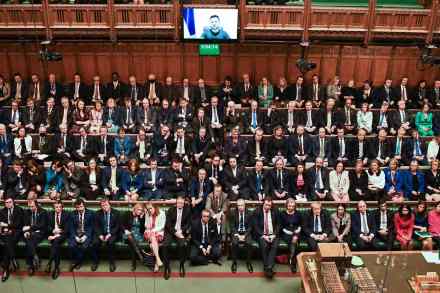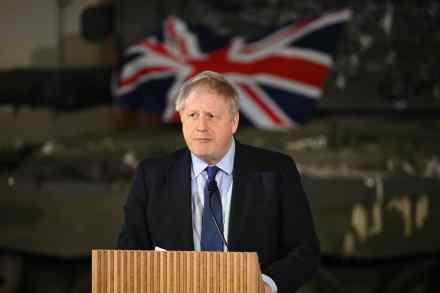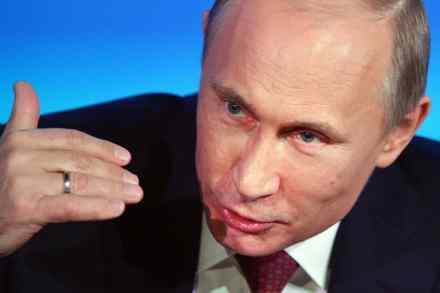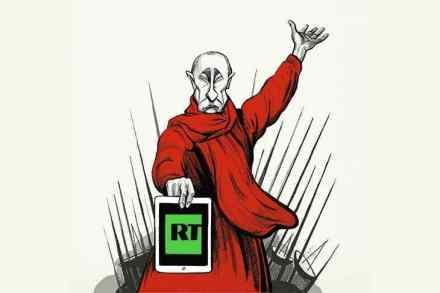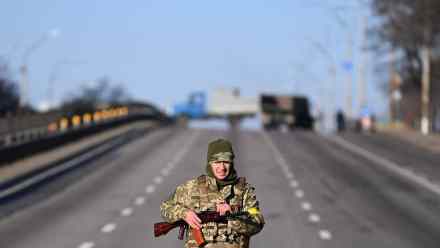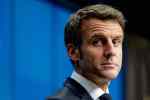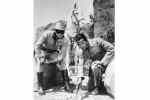British fighters in Ukraine are brave but misguided
The first British volunteers have arrived in Ukraine to ‘do their bit’ in thwarting the Russian invasion. According to reports in this morning’s newspapers, four serving soldiers are among them. Liz Truss must be heartened. The Foreign Secretary recently declared her support for any idealistic Briton wishing to head east to fight ‘for democracy’. Others were less enthusiastic at the prospect of Britons joining the war, notably Ben Wallace, the Defence Secretary, himself a former soldier. Also unenthused was Admiral Sir Tony Radakin, the chief of the defence staff, who cautioned: ‘This isn’t really something that you want to rush to in terms of the sound of gunfire. This is about
